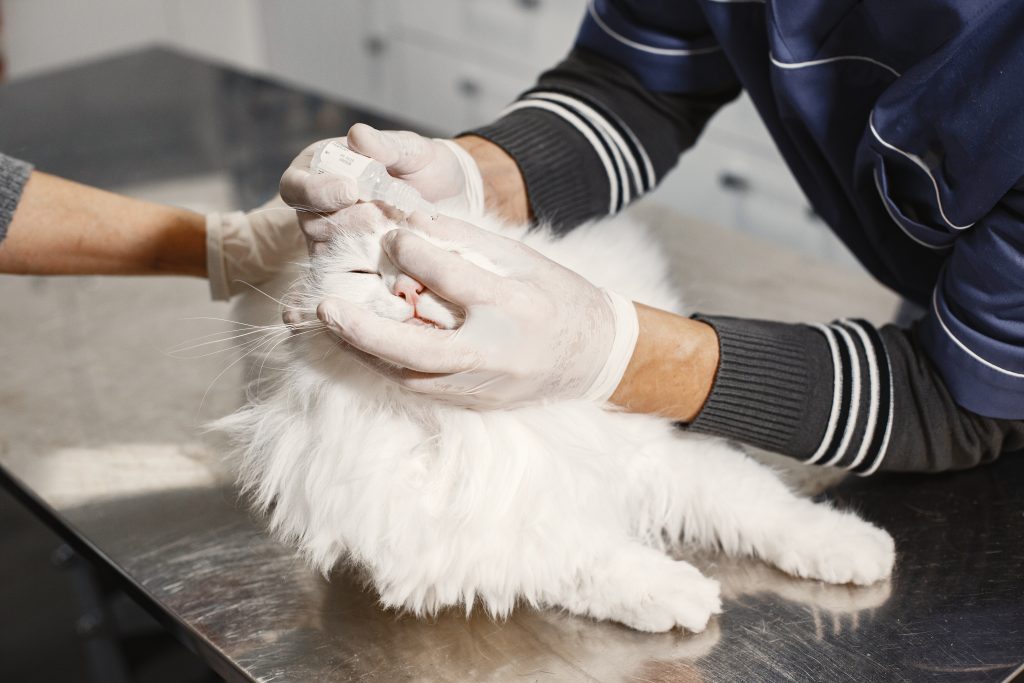Feline Leukemia Vaccine (FeLV)
Feline leukemia is a viral disease that affects a cat's immune system and can lead to anemia, lymphoma, or other deadly conditions. The FeLV vaccine is highly recommended, especially for outdoor cats or those in multi-cat households.
Feline Calicivirus Vaccine (FCV)
FCV is a common cause of upper respiratory infections in cats. Symptoms include sneezing, nasal discharge, and mouth ulcers. This vaccine is particularly important for kittens and cats in multi-cat environments.
Rabies Vaccine
Rabies is a zoonotic disease, meaning it can be transmitted from animals to humans through bites or scratches. Vaccination against rabies is essential for all cats, as it is often required by law.


